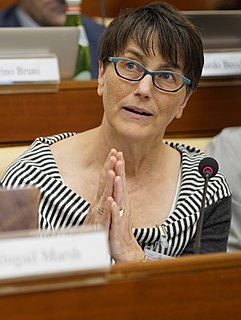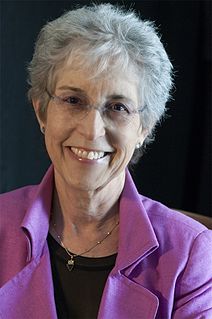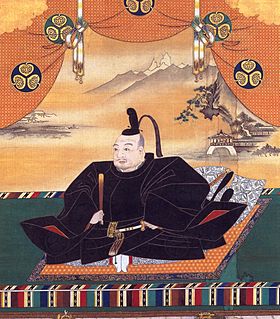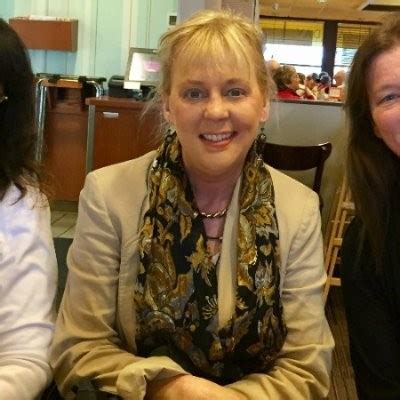A Quote by Kay Redfield Jamison
Psychologists, for reasons of clinical necessity or vagaries of temperament, have chosen to dissect and catalog the morbid emotions - depression, anger, anxiety - and to leave largely unexamined the more vital, positive ones.
Related Quotes
I began studying human emotions more than twenty years ago. At that time, almost every scientist working in this area was studying one of the negative emotions, like fear, anger, anxiety, or depression. I wondered why no scientists cared to explain why we humans sometimes feel upbeat and pleasant. I liked the idea of charting new terrain. It's been a fun intellectual puzzle. There's so much to discover!
There are only two emotions: love and fear. All positive emotions come from love, all negative emotions from fear. From love flows happiness, contentment, peace, and joy. From fear comes anger, hate, anxiety and guilt. It's true that there are only two primary emotions, love and fear. But it's more accurate to say that there is only love or fear, for we cannot feel these two emotions together, at exactly the same time. They're opposites. If we're in fear, we are not in a place of love. When we're in a place of love, we cannot be in a place of fear.
With social media, so many people have anxiety and depression because of it. Of course technology is somewhat good, but it can present so many issues; more and more we're seeing what that's causing, and it's even leading to deaths. I just got finished doing a documentary called Anx with children talking about anxiety and recognizing their emotions and understanding them better. We need to let kids know it's OK to not be OK. And we need to help them be comfortable talking about it.
I've learned that I must find positive outlets for anger or it will destroy me. There is a certain anger: it reaches such intensity that to express it fully would require homicidal rage--self destructive, destroy the world rage--and its flame burns because the world is so unjust. I have to try to find a way to channel that anger to the positive, and the highest positive is forgiveness.






































